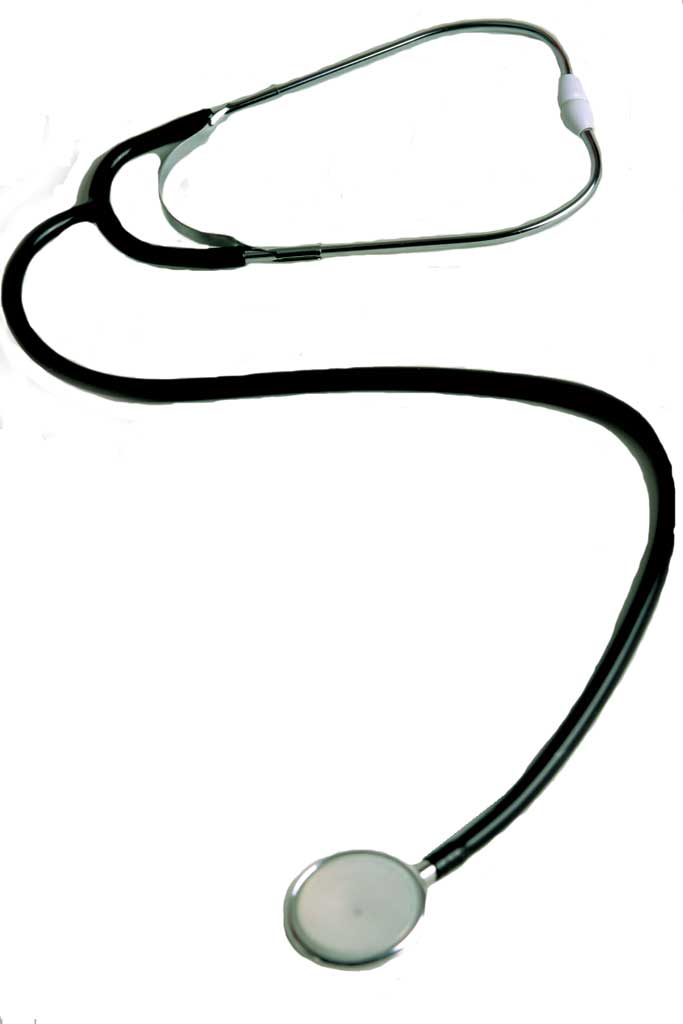By Peter Maclearie, MSW, LCSW
Psychological trauma – emotional damage that occurs as a result of a distressing event or series of events – can be caused by many things, from a sudden, unexpected incident such as the loss of a loved one, to long-term exposure to abuse.
And while in some cases the origin of trauma may be obvious, in other instances it may stem from a concept called intergenerational trauma—trauma that is passed down within family generations.
No matter the source, trauma can affect your ability to cope with stressful situations and increases the risk for behavioral health disorders such as depression, anxiety and substance abuse.
Penn Medicine Princeton House Behavioral Health offers a variety of treatment options to help people dealing with trauma learn to identify and understand its impact on their lives and build new, healthier patterns of behavior that can break the intergenerational cycle.
Signs of Psychological Trauma
Trauma can have a profound impact on your personality and the way you experience emotions, from how you manage and tolerate anger to how you experience excitement.
Signs of psychological trauma include:
• Shock, denial, or disbelief
• Confusion, difficulty concentrating
• Anger, irritability, mood swings
• Anxiety, fear
• Guilt, shame, self-blame
• Withdrawal from others
• Sadness or hopelessness
• Disconnection or numbness
Moreover, according to the National Council for Behavioral Health, there is a direct correlation between trauma and physical health conditions such as diabetes, COPD, heart disease, cancer, and high blood pressure.
Seventy Percent of Adults
Seventy percent of adults in the United States – or 223.4 million people – have experienced some type of traumatic event at least once in their lives, according to the National Council for Behavioral Health.
Trauma can stem from:
• Childhood abuse or neglect
• Physical, emotional, or sexual abuse
• Accidents and natural disasters
• Witnessing acts of violence
• Grief and loss
• Medical interventions
• War and other forms of violence
In addition, there is a growing body of research that shows that trauma can be biologically inherited and passed on in several different ways.
Passing Trauma from Generation to Generation
Although why and how intergenerational trauma happens aren’t fully understood, both nature (your genetics) and nurture (your environment) seem to play a part.
Being raised in a stressful environment can lead to being in a constant state of fight or flight, which raises the baseline level of stress hormones in your body.
This higher presence of stress hormones can cause permanent changes in your genetic makeup and have a lasting impact on your physical and mental development as well as your children’s.
Children with higher levels of stress hormones are more vulnerable to becoming dependent on substances and are more susceptible to learning impairments such as ADHD or explosive behavior such as oppositional defiant disorder.
While children are programmed by nature to learn from their caregivers, the nurture they receive from those caregivers plays an equally important role as they begin to understand how to navigate their environment and manage stress.
Starting as newborns, infants use subtle clues such as facial expressions and tone of voice to know when their environment is safe. But as children grow older, additional non-verbal stressors also play a part in their development, such as how their role models handle stress.
If a parent doesn’t have the ability to deal with stress in a healthy way and instead copes through avoidance, fear, substance abuse, or other negative behaviors, a child can learn to adopt those same behaviors as their own way of dealing with difficult emotions.
Also, if a parent’s ability to build a healthy relationship with a child is impaired by their own trauma, it can result in trauma and dysfunction in the child.
Left unrecognized these patterns can continue through multiple generations.
Coping Strategies
Keep in mind that parents can also model positive coping skills and strategies for their children, especially as it relates to dealing with stressful emotions.
The National Council for Behavioral Health suggests these helpful coping strategies:
• Acknowledge that you have been through traumatic events
• Connect with others, especially those who may have shared the stressful event or experienced other trauma
• Exercise (try jogging, aerobics, bicycling, or walking)
• Relax (try yoga, stretching, massage, mediation, or deep muscle relaxation)
• Practice a hobby such as music or art
• Maintain a balanced diet and get enough sleep
• Avoid over-using stimulants like caffeine, sugar, or nicotine
• Commit to something personally meaningful and important every day
Help Is Available
Trauma is a process that can be stopped once it is understood and treated.
At Penn Medicine Princeton House Behavioral Health, individuals seeking treatment are screened for trauma as part of the admissions process, and specialized programs are offered for men and women.
Through individual and group therapy, as well as medication if necessary to help manage symptoms, participants can learn to understand trauma’s impact on their behavior, develop new coping skills, and stop its progression to the next generation.
Learn More
Visit the Princeton Health OnDemand UStream channel at http://www.ustream.tv/princetonhealth where you can watch a pre-recorded video to learn about breaking the cycle of intergenerational trauma.
For more information about Princeton House Behavioral Health mental health and addiction services, call 888-437-1610 or visit www.princetonhouse.org.
Peter Maclearie, MSW, LCSW, is a licensed clinical social worker and clinical manager for Adult Services at the Eatontown location of Penn Medicine Princeton House Behavioral Health.

